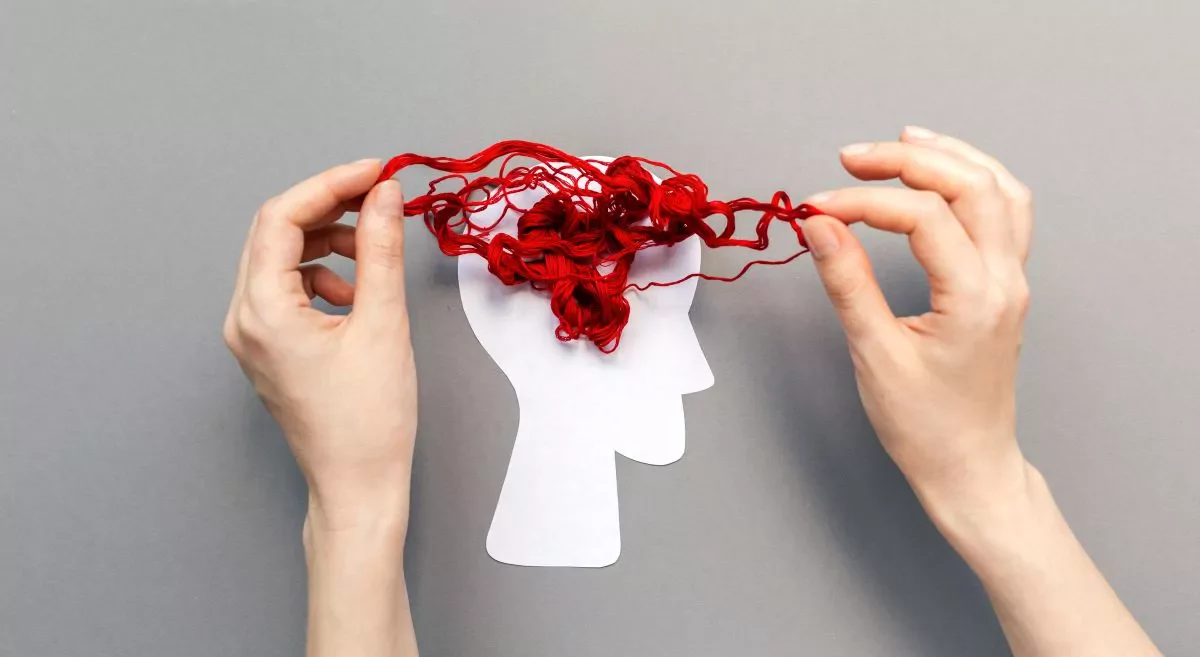The mind and the brain intricately weave the tapestry of our cognitive experiences, emotions, and behaviors. The mind, often considered the seat of consciousness and emotions, relies on the intricate neural networks within the brain to manifest its expressions. What happens, though, when the mind-brain connection is impaired by neurological disorders like stroke, epilepsy, dementia, or Parkinson's disease? How do these conditions impact mental health, and how can we address them with holistic approaches acknowledging the interplay between the mind and the brain? In this blog, we will explore these questions and more, as we delve into the complexities of neurological disorders and mental health.
Neurological Disorders: A Spectrum of Conditions
Neurological disorders encompass diseases of the central and peripheral nervous system, affecting various facets of our being. Conditions such as stroke, epilepsy, dementia, and Parkinson’s disease can impact movement, sensation, cognition, memory, mood, and behavior, significantly affecting the quality of life for those affected.
Impact on Mental Health: A Bidirectional Relationship
Neurological disorders and mental health share a bidirectional relationship, influencing each other in profound ways. Conditions like stroke can lead to post-stroke depression, affecting recovery and diminishing the quality of life. Conversely, mental health problems can increase the risk or severity of neurological disorders by affecting the brain’s structure, function, and resilience.
Epilepsy, for example, can cause or worsen mood disorders, impacting seizure control, medication adherence, and suicide risk. Recognizing this interdependence is crucial for effective intervention.
Holistic Approaches to Treatment: A Synergy of Medical and Psychological Interventions
Effectively treating neurological disorders and promoting mental health requires a holistic approach integrating medical and psychological interventions. Medical treatments, including pharmacological and surgical interventions, aim to alleviate symptoms and prevent or delay disease progression. Psychological interventions such as psychotherapy and psychosocial support enhance coping skills, resilience, and overall well-being.
Combining both approaches creates a synergy that acknowledges the mind-brain connection, fostering more robust and sustainable outcomes. Research indicates that adding psychotherapy to pharmacotherapy for post-stroke depression yields greater improvement in depressive symptoms and functional recovery.
Research and Innovations: A Continuous Pursuit of Knowledge and Progress
Ongoing research and innovations continuously shape the landscape of neurological disorders and mental health. Techniques like neurofeedback, neuromodulation, neurogenesis, and neuroprotection offer promising avenues for improving cognitive and emotional functions, as well as preventing or reducing the severity of neurological disorders.
The intricate pursuit of knowledge through neuroimaging technologies and therapeutic interventions contributes to advancing our understanding and treatment capabilities. These innovations hold the potential to transform the lives of individuals affected by neurological disorders and mental health challenges.
Challenges and Opportunities: A Call for Collaboration, Advocacy, and Advancement
While progress is evident, challenges persist in addressing the complexity of the mind-brain connection and meeting the needs of affected individuals and communities. Stigma and discrimination, limited access to specialized care, and the intricate nature of neurological disorders pose significant hurdles.
However, these challenges also present opportunities for collaboration, advocacy, and advancement in the field. Collaboration among stakeholders, advocacy to reduce stigma, and advancements in innovative interventions contribute to a more comprehensive and compassionate approach.
Conclusion: A Holistic and Humanistic Perspective on the Mind-Brain Connection
The mind-brain connection is a captivating aspect of human nature, influencing our cognitive, emotional, and behavioral experiences. Neurological disorders and mental health challenges disrupt this connection, presenting significant hurdles. Yet, by adopting a holistic and humanistic perspective that integrates medical and psychological interventions, and by embracing opportunities for collaboration, advocacy, and advancement, we can harness the power of the mind-brain connection. This approach holds the potential to address the needs and enhance the outcomes of individuals and communities affected by neurological disorders and mental health.







